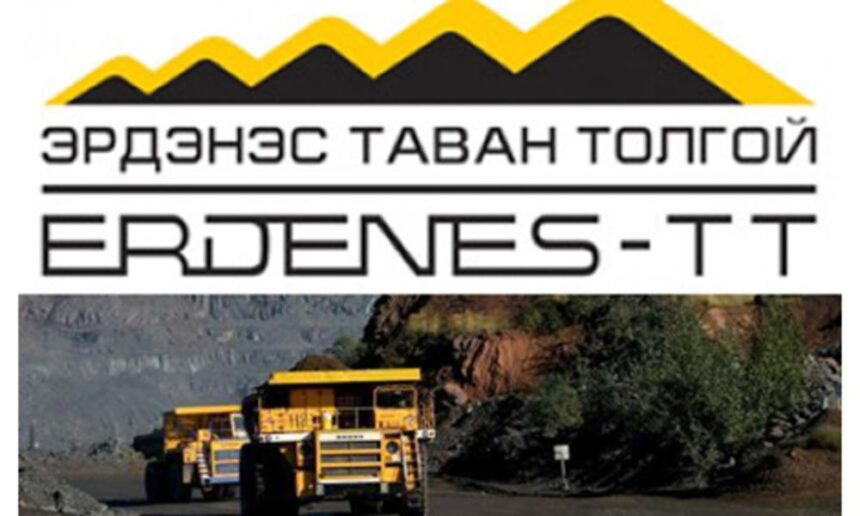A few days prior to Naadam, the government of Mongolia held an extraordinary meeting to discuss the investment agreement on the Tavan Tolgoi (Five Hills) deposit. According to the government website, 40% of investment in the development and production of the well known deposit will be made by Shinhua Corporation of China, 24% by Peabody of USA and 36% (18+18) by the Mongol/Russian consortium. Surprisingly, the press release of the Cabinet sounds as though the deposit will belong to the investors proportional to their investment. This statement confused many.
According to the statement, the three entities agreed to build: railways to the East and the South, a 600 megawatt capacity power station, a coal to liquid plant, and a cocking coal producing plant. The government, states the press release, submitted the Investment agreement to the National Security Council of Mongolia for consideration, from there it will be handed over to the Parliament for discussion next Wednesday. The government seems to be approaching the rest of the procedure as a matter of technicalities that should be completed as fast as possible.
This sudden decision by the Mongolian Government was taken just before the longest ever national holiday in Mongolian history and shocked the short-listed companies and their governments who partook in this famous tender. Not any lower was the level of confusion inside Mongolia’s civic society, which caused another series of political disputes both domestic and abroad.
According to the international press agency AFP, the Minister of Knowledge Economy of Republic of Korea announced that both Korean and Japanese Governments will request from the Mongolian government to explain their “unclear and unfair” procedures of running an international tender. The Japanese government has already sent a note to the Ministry of Foreign Affairs of Mongolia requesting an explanation for the Mongolian government’s decision.
In any case, Five Hills project has transformed into five question marks for creating several unclear conditions.
Firstly, the decision concerns only the West half of Tavan Tolgoi deposit, contrary to the statement, as it was divided into West and the East Tsankhi. And the above-mentioned decision was made only on the West part. How, if at all is the government’s vague statement useful? Here we talk only on the west part of deposit and about the investment for the infrastructure for its development and production of coal, products transportation and further sale to the market. Does the government consider transferring those companies who could not win the tender to the east part development? If it was the case, it should have been stated clearly from the beginning as all actions of the government should be.
Secondly, why did the government pick individual companies like Shinhua and Peabody if it urged all companies planning to participate in the tender to create a consortium? At the beginning Shinhua was in a consortium with Mizui of Japan. The winners were expected to be selected from the short listed companies only, but then emerged the Mongol/Russian consortium that no one had heard of before. It is as if a horse won the race without ever passing the start line. Can international tender be really organized in such a manner?
Thirdly, why does a Chinese company get 40%? This entitles them the right to nominate the chief executive officer and many other powers in management. Ok, China is the largest consumer and producer of coal in the world, but why would a state-owned Chinese company have 40% when Russia gets only 18%? How does this decision match our third neighbor policy, which states that Mongolia will have equal relations with all third neighbors including the two natural ones? After so many high official level visits and negotiations, will Russia really agree to take the “seat of the poor relative”? Did not we also decide to have the same access to oceans through both neighbors via railways in the past and decided upon the broad railway gauges?
Fourthly, would ignoring the Japanese and Korean large corporations match our current good standing bilateral relations created by many talks and visits at all possible political levels? Two statements by these two countries with an immediate reaction to the Mongolian government’s decision prove the opposite. This question is especially pertinent to Japan, as we were finally reaching strategic partnership status. The Government must also explain why the BRIC companies, including Brazilia VALE – the second largest mining company in the world and Indian ArcelorMittal – the largest steel producer in the world were all kicked out. Why could we not sign all of them on?
Fifthly, the government’s motivation behind taking 500 MLN USD in grants for permission and 500 MLN USD as down payment from the future proceeds of the revenue is unclear. Certainly it looks like this played an important role in making the final selection. Is it for because of the short sighted goal of the ruling political parties to fulfill their election campaign promises and handing out cash or will it be used to invest into long-term infrastructure like education and health care? Citizens of Mongolia are asking themselves whether they should continue with this short-term practice by the ruling political parties or wait for the new government to form after the next election to solve the issue such as a Tavan Tolgoi project and other strategically important mining deposits.
In any case, the five question marks should be cleared before the go ahead on Five Hills project. We are unfortunately reminded of Oyu Tolgoi project negotiations that lasted 6 years and several cabinet changes. Only this time it seems like it will go much faster, which the citizens are reminding to the high ranking “public servants” of the moment.
2011.07.20
Translated by J.Ariuna












